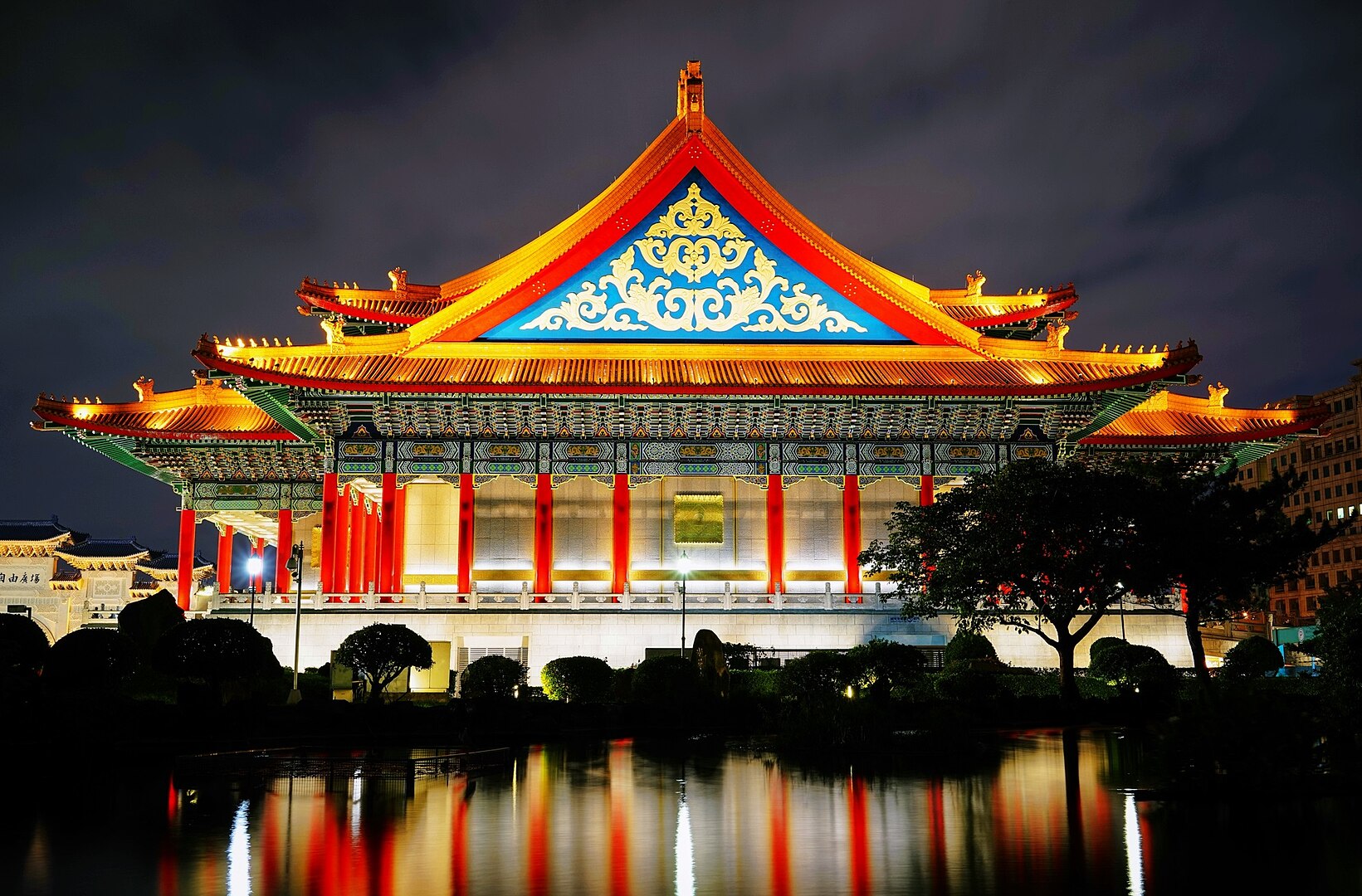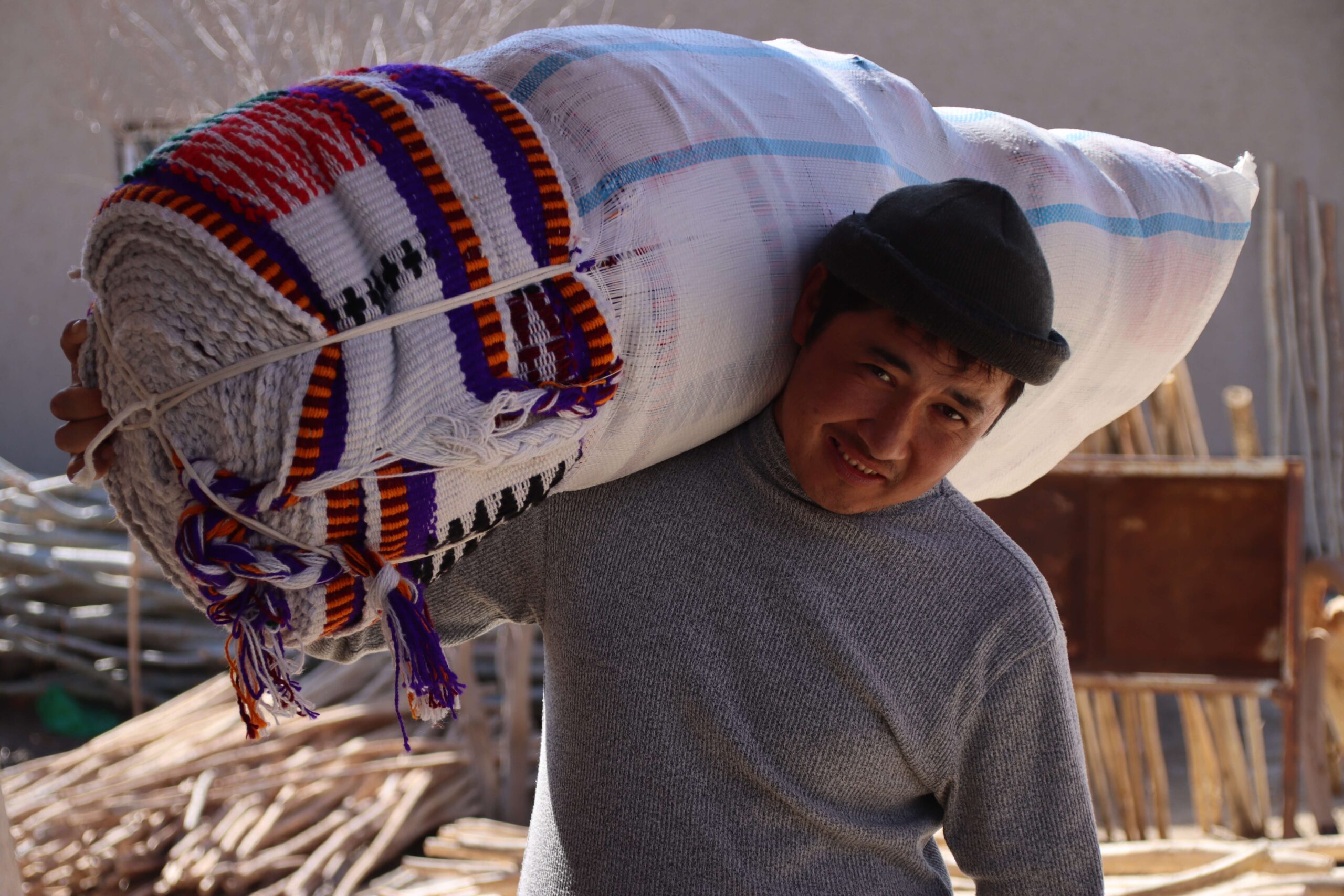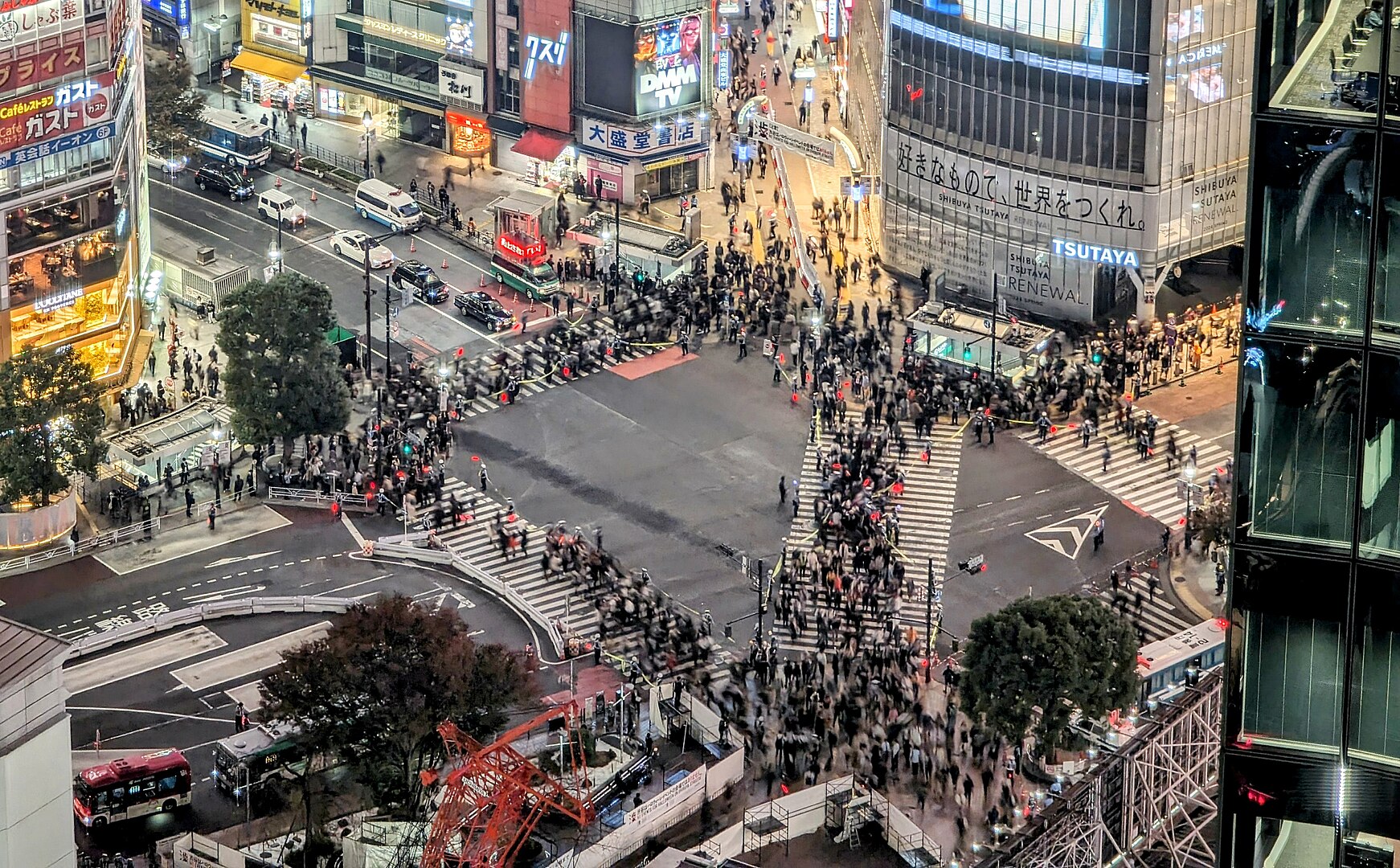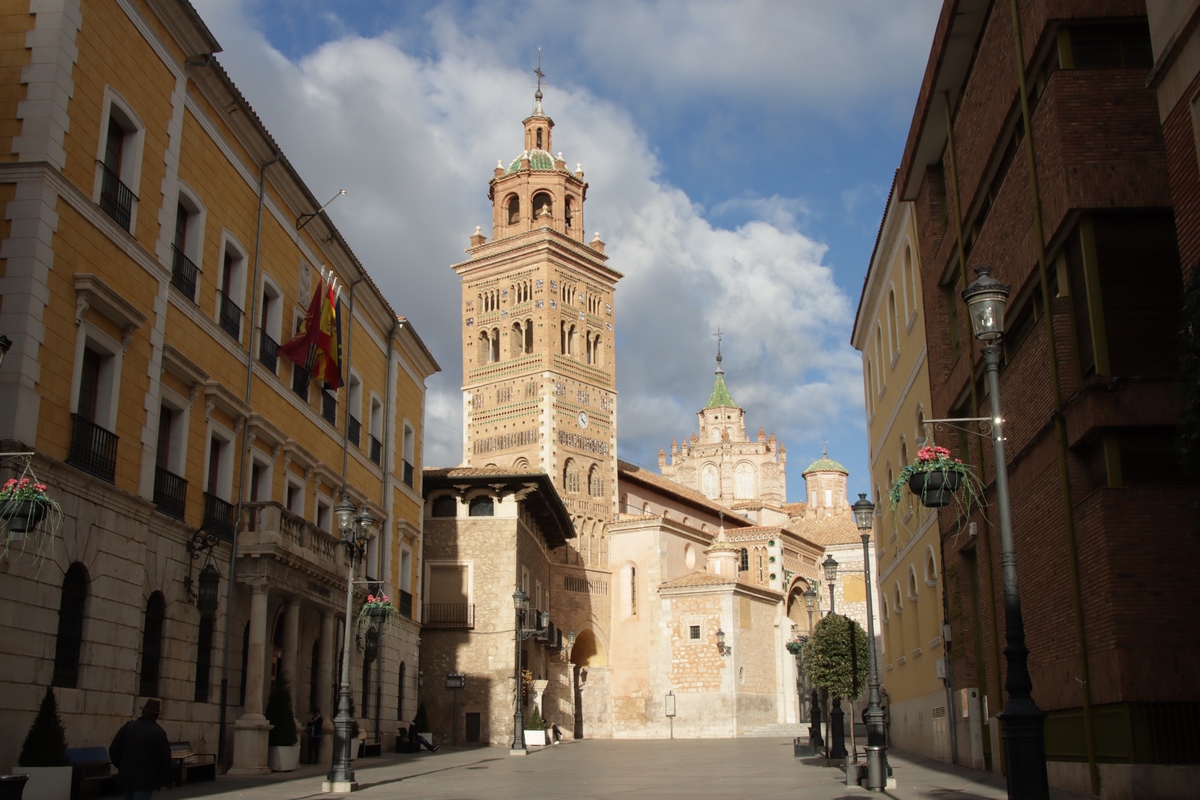In my book On the Face of It: A Traveler on His World, I explain that I had the good sense and the good fortune of visiting Ukraine in April, 2021, 10 months before it was forever altered by a disastrous war that continues to grind the country up.
As WaL reported at that time, there were already signs of clear and imminent danger to Ukraine—that Moscow, then still in the process of entreating NATO over their nation’s security concerns, was deadly serious in its demands for a halt to ongoing military integration between NATO and Ukraine.
Fears that Beijing may take a leaf out of Russia’s book and invade Taiwan are expressed from every corner of world media: from think tanks, journalists, newspapers, politicians, and defense analysts.
Because of Beijing’s power relative to Russia’s, and because of the much more comprehensive objective of total victory in any attack on the island, this summer may literally be the last good chance to visit Taiwan in what may be looked back upon in history as the self-styled nation’s golden years.
Currently, the conversation rate of the US dollar to the new Taiwan dollar is at a five-year high—you’ve never been able to buy more NTD with less USD than right now.
Taiwan isn’t a developing country, and enjoys a high standard of living, education rate, and GDP per capita. Like the other Asian Tigers, it is not a place traditionally looked to as a budget holiday destination where your cash goes farther. But as inflation in money and credit supplies expand virtually worldwide, the greenback’s long-held reputation as the cleanest dirty shirt in the laundry as far as currencies are concerned, has held up.
Taiwan is a culturally and societally rich country. The National Palace Museum contains 700,000 works of art and sculpture taken from mainland China before the Communists could destroy them before they seized control in Beijing. Taichung and Taipei are glittering metropoli, the latter having the 5th highest nominal GDP per capital in East Asia, higher than London, Paris, and Seoul.
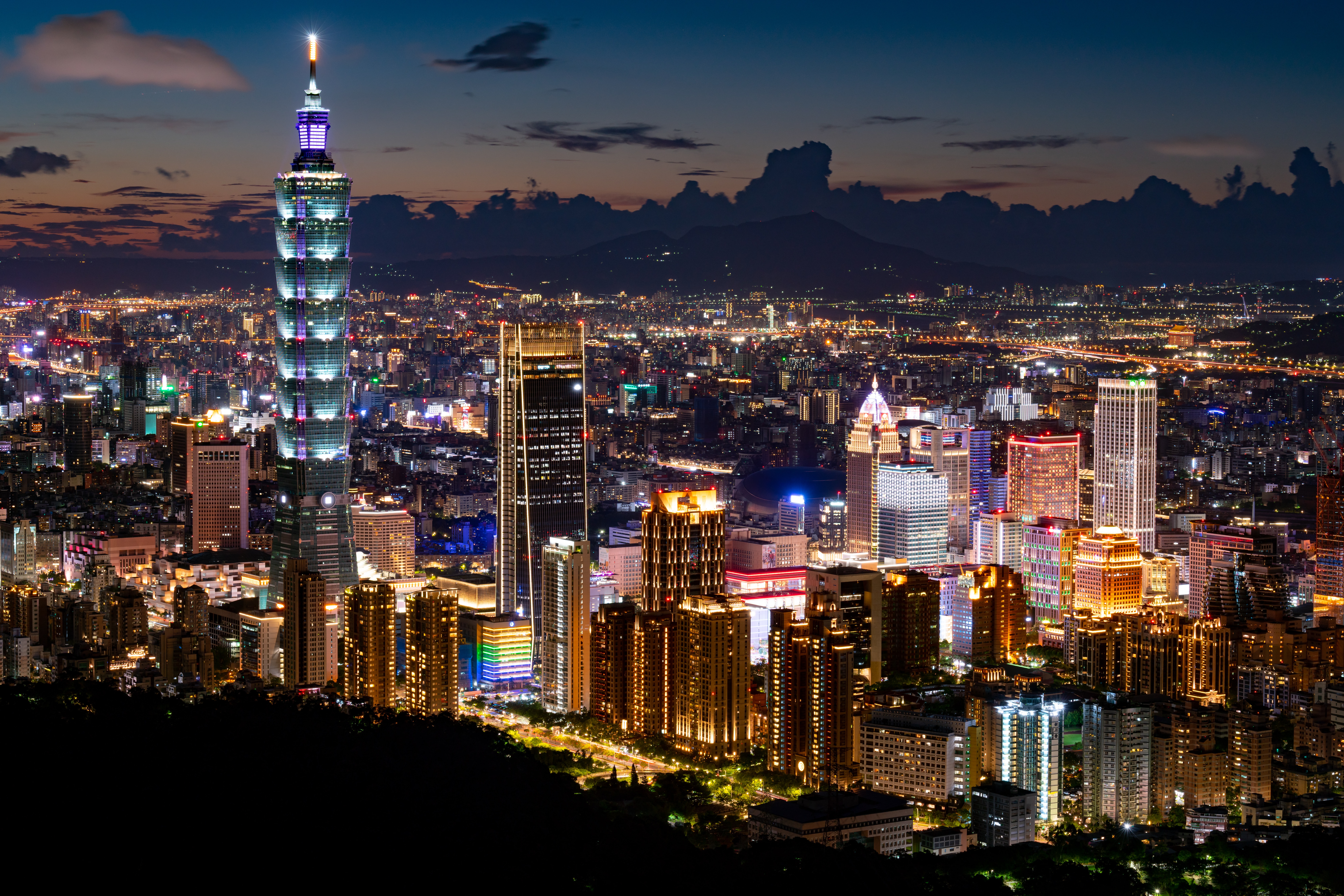
The Taiwan Railway Pass
In coordination with the Taiwan Railway Corp, the tourism administration of the island has released the limited time Taiwan Pass, a 5-day, universal boarding card with unlimited access to metro lines, railway, and tourist coach services for up to two people.
The pass costs 2,800 new Taiwan dollars, or about $84.00, and has been launched to kick off the tourist season with the aim of aiding the recovery of the island’s eastern county of Hualien that was struck by the magnitude 7.2 earthquake in April.
The pass must be booked along with a stop anywhere between Toucheng (頭城) and Dawu (大武) stations on the Eastern Line.
Additionally, in securing the Taiwan Pass, travelers can also choose round-trip tickets to one of four Taiwan Tourist Shuttle routes which go to some of the country’s most beautiful rural areas including Nantou County’s Cingjing Farm (清境農場) or Sun Moon Lake (日月潭), Chiayi County’s Alishan (阿里山), or scenic areas in the Kenting (墾丁).
As most Taiwanese languages are not written in English, the pass should make travel significantly easier.
The sale of the passes will continue through summer, and will be valid for use until November 30th.
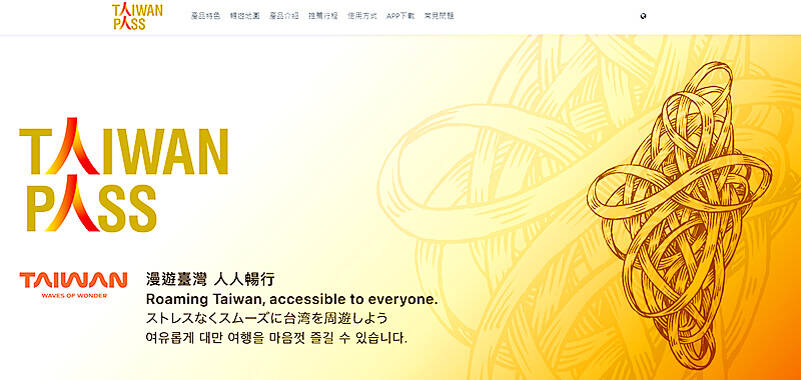
The alternative
While far away, the risk of a war over Taiwan is certainly greater than at any time in the 21st century. Party lines of rhetoric suggest that reunification by force is something Beijing is actively considering for what it considers a rogue province, while military planners in Washington seem to really think the US military can defend Taiwan from an invasion.
Regarding Beijing, in a 2022 white paper entitled ‘The Taiwan Question and China’s Reunification in the New Era,’ the CCP added more forceful language for the first time outlining the lengths they will go to achieve their aims. Then, on four separate occasions within 13 months, President Joe Biden, when asked directly by a reporter, stated that US policy will be to defend Taiwan from a Chinese invasion and that this is the “promise we made,” even though it wasn’t.
Then, in February of this year, a leaked memo by 4-star General Mike Minihan said he had a “gut” feeling that the US and China would be at war by 2025.
“I hope I am wrong,” he wrote in the memo, which was contradicted, albeit gently, by Sect. of Defense Lloyd Austin at the time. “My gut tells me will fight in 2025”.
US Representative Seth Moulton (D – MA) also recently said the US should “make it very clear to the Chinese that if you invade Taiwan, we’re going to blow up TSMC,” using the ticker for Taiwan Semiconductor Manufacturing Company, the world’s largest computer chip manufacturer. Several US war plans over how a nation 8,000 miles from Taiwan might defend it from another nation just 110 miles away have referred to “scorched earth” tactics that destroy any economic value on the island as a disincentive for China to attempt to take it.
Scorched earth may be the kind of thinking behind a recent, public request by the Taiwanese army to stockpile ammunition inside three Buddhist or Daoist temples in the island’s western county of Miaoli.
According to the document, seen by SCMP, the local reserve command plans to transport some ammunition from its depot to the open areas within the temples.
“This would facilitate the resupply of ammunition for reserve brigade units, ensuring continued combat effectiveness,” it explained.
Taiwan is over 70% Buddhist/Daoist, and the request sparked protests among the local community, while the retired air force general Chang Yen-ting raised concerns about violating the Geneva Conventions that dictate legal standards for war.
“Turning temples or religious centres, schools and hospitals into backup facilities would constitute a war crime, as these civilian places are protected from becoming military targets,” he argued. Chang also wondered why the military had not kept this confidential, as the information would likely have been already forwarded to potential adversaries.
The rhetoric of the Americans, backed by clues into the preparation of the Taiwanese, mixed with the determination of the Chinese and the geographically small theater of war means that any armed conflict over the island would likely result in mass devastation of civilian infrastructure, including potentially irreplaceable cultural heritage sites beyond what’s been seen in the cities of Ukraine, leaving people who wish to know what this island was like during its heyday may one day have to do so through photographs and newspapers.
The risk of war, the favorable exchange rate, and the Taiwan Pass come together to offer optimal conditions for a visit—perhaps never to be seen again. WaL
We Humbly Ask For Your Support—Follow the link here to see all the ways, monetary and non-monetary.
PICTURED ABOVE: National Concert Hall and Guanghua Pond at night. PC: Luke Ma
